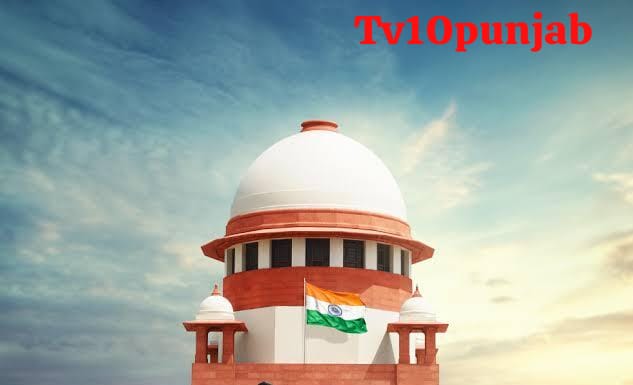National Desk
21 August
Tv10punjab
Court’s Observation
The Supreme Court today made an important observation regarding the powers of a Governor in relation to state assembly bills. The court said that once a bill is passed again by the state legislature and sent to the Governor, the Governor cannot forward it to the President for consideration.
Constitutional Provisions

Under Article 200 of the Constitution, a Governor has limited options when a bill is presented. The Governor may give assent, withhold assent, return it to the legislature for reconsideration (except in the case of money bills), or reserve it for the President’s consideration. However, the court highlighted that when the legislature passes the bill again, the Governor must act accordingly and cannot keep delaying or send it to the President again.
Constitution Bench Hearing
This ruling came from a five-judge Constitution Bench led by Chief Justice B.R. Gavai, along with Justices Surya Kant, Vikram Nath, P.S. Narasimha, and A.S. Chandurkar. The observation followed arguments made by Solicitor General Tushar Mehta on behalf of the Centre, who claimed that Governors could still exercise discretion even after a bill is re-passed.
Court’s Concern on Delay
The Bench made it clear that if a Governor simply “withholds assent” without returning the bill for reconsideration, it would leave the functioning of an elected government at the “mercy and discretion” of the Governor. Such a situation, the judges noted, would undermine the democratic process.
Need for Coordination
The Bench also reflected on whether the nation has lived up to the constitutional framers’ vision of coordination between Governors and state governments. The judges reminded that the Governor’s office is not a political shelter but carries constitutional powers and responsibilities that must be exercised in harmony with elected governments.